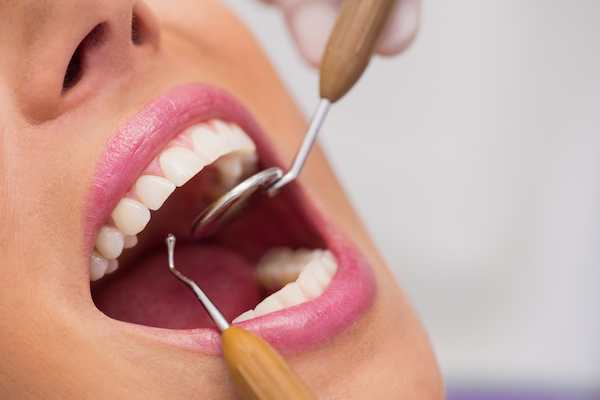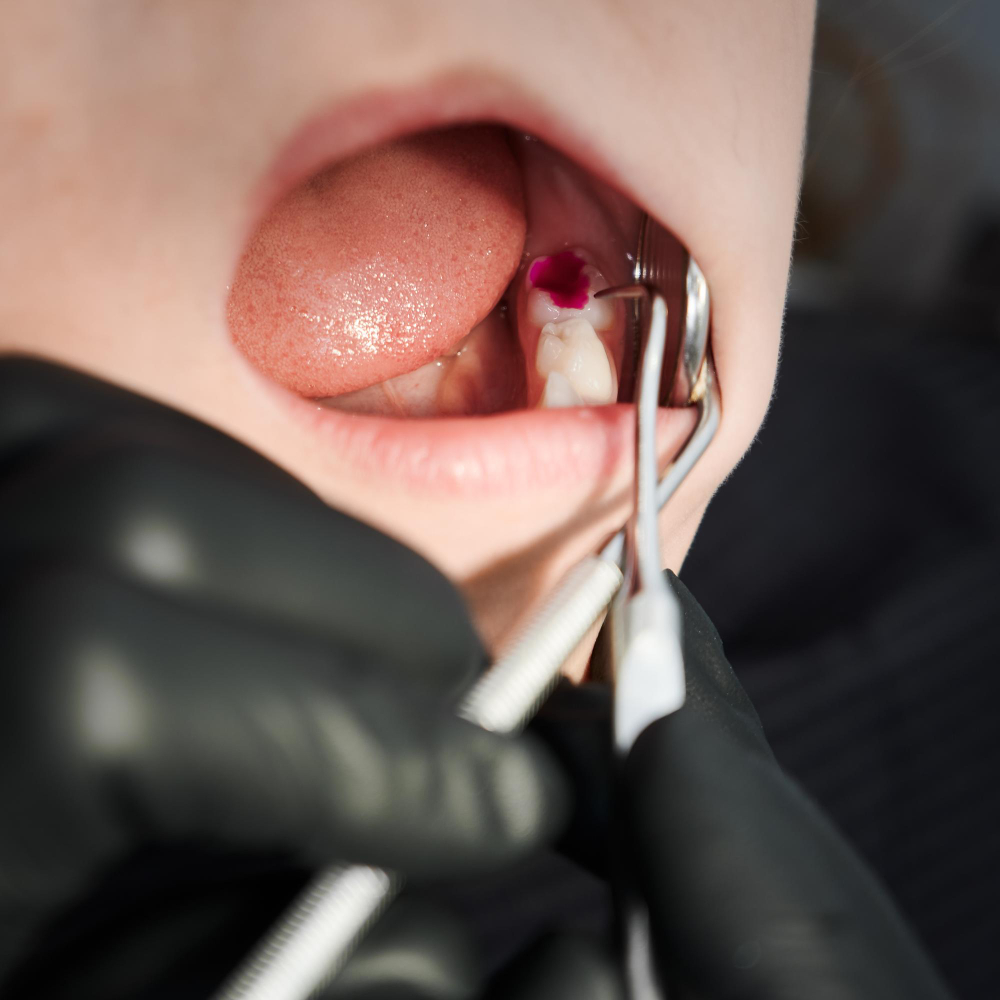Tooth Decay
Preventing Tooth Decay

Tooth Decay Treatment Cabramatta
One of the most frequent causes of people losing their teeth too soon is tooth decay.
When you don’t thoroughly brush your teeth, food particles left behind cause bacteria to build up, which causes holes to appear.
Cavities begin as little areas that, if neglected, progressively expand and enlarge.
Cavities don’t hurt until they enlarge and affect more tooth structures.
Symptoms of Tooth Decay
Determining the extent and location of tooth decay will determine its symptoms. You might not have any symptoms at all if the cavity is small.
The following conditions could develop as the damage increases:
- Tooth pain for a long time or occasionally
- Consuming sugary foods hurts.
- Your teeth have noticeable dark stains.
- Bad taste or breath
- When you eat, drink, or experience a temperature change, sensitive teeth can make you feel pain or uncomfortable.

Causes of Tooth Decay
When plaque and sugar come into contact, they react to produce an acid by-product that erodes the teeth. When this happens, your teeth are attacked by an acid that softens and dissolves the tooth’s protective coating or enamel.
This can linger for an hour or more after consuming sugary meals or beverages before your saliva can remineralize the enamel and return it to its firm state.
Acids are produced when sugars and other carbohydrates, such as starch, combine with plaque.
Processed foods cause this effect on your teeth with hidden sugars, natural sugars in fruit, sugary drinks, candies, and foods that have been sweetened.
It’s crucial to read the food labels to understand what you’re consuming and to keep your sugar consumption (in all its forms) to meals as much as possible.
Snacking between meals makes it difficult for your enamel to heal and can result in everyday tooth erosion and degradation.
Tooth Decay Treatment
If the decay has not penetrated the enamel, your Cabramatta dentist can place sealants on adult molars with early signs of dental decay.
Your Cabramatta dentist will need to fill the tooth when the decay has advanced to a severe and irreversible stage. The need for a root canal procedure may arise in more challenging situations.
Fissure sealants can be used to treat children’s premolars and molars. To prevent cavities, dentists might apply fluoride treatments to both temporary and permanent teeth.
Tooth Decay Prevention

Even though tooth decay is frequently present and occasionally irreparable, it can be avoided.
Use the following advice to prevent tooth decay and maintain the healthiest possible gums:
Reduce your consumption of sugary and starchy foods and drinks.
Some medicines may contain sugar, so it’s preferable to look for sugar-free substitutes wherever feasible. Some medicines may be taken between meals or an hour before bedtime.
Maintain good oral and gum health.
Use fluoride-containing toothpaste and a soft-bristled toothbrush to clean your teeth thoroughly, and floss at least once daily.
Visit your dentist in Cabramatta frequently.
Based on the state of your mouth, teeth, and gums, your Cabramatta dentist will determine how frequently you need to visit.
Tooth Decay Treatment at Cabramatta
Several dental issues might arise from untreated tooth decay.
With the efficient procedures provided by Cabramatta Dental Care, you may quickly end your nightmare of tooth decay!
At Cabramatta Dental Care, we take a gentle and meticulous approach to looking after our patients.
Visit your Cabramatta dentist today!
Call us at (02) 9755 5300 or make an appointment online.
We are located at 47 Arthur St in Cabramatta.
FREQUENTLY ASKED QUESTIONS
What is tooth decay?
When bacteria in plaque consume the sugars in your diet, they produce acids that can erode your teeth and cause tooth decay. Before causing the dentin to deteriorate, this acid erodes the tooth enamel.
If left unattended, the acid will damage the nerves by spreading to them. Unpleasant infections and even tooth loss can result from tooth decay.
What types of foods can cause tooth decay?
Too many processed or sugary meals, especially those that adhere to or get trapped between teeth easily, can increase the risk of tooth decay.
